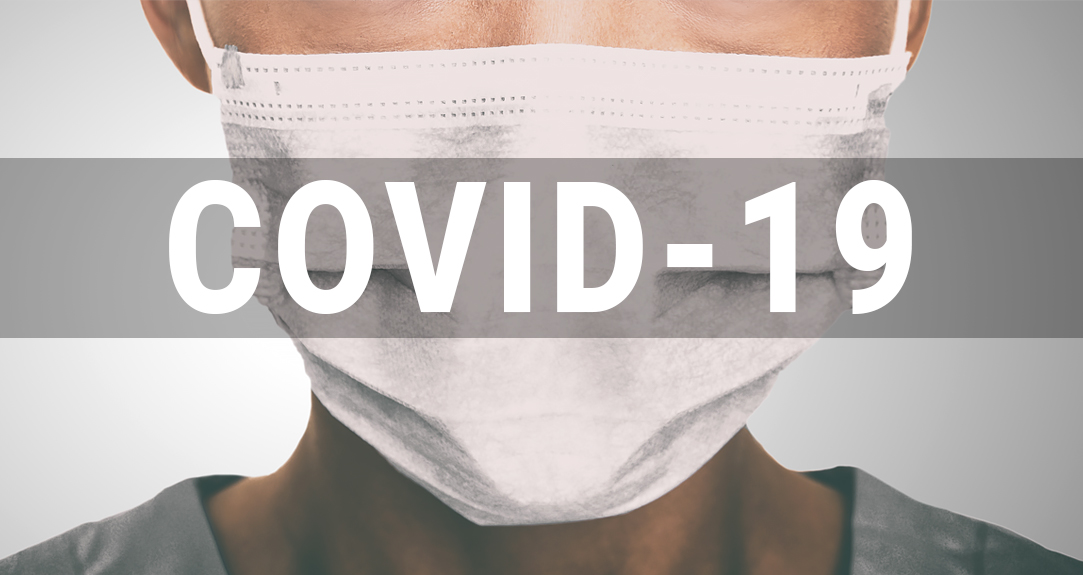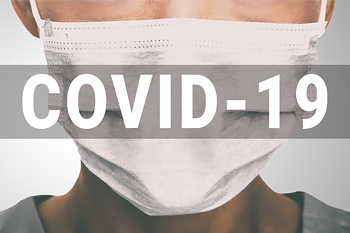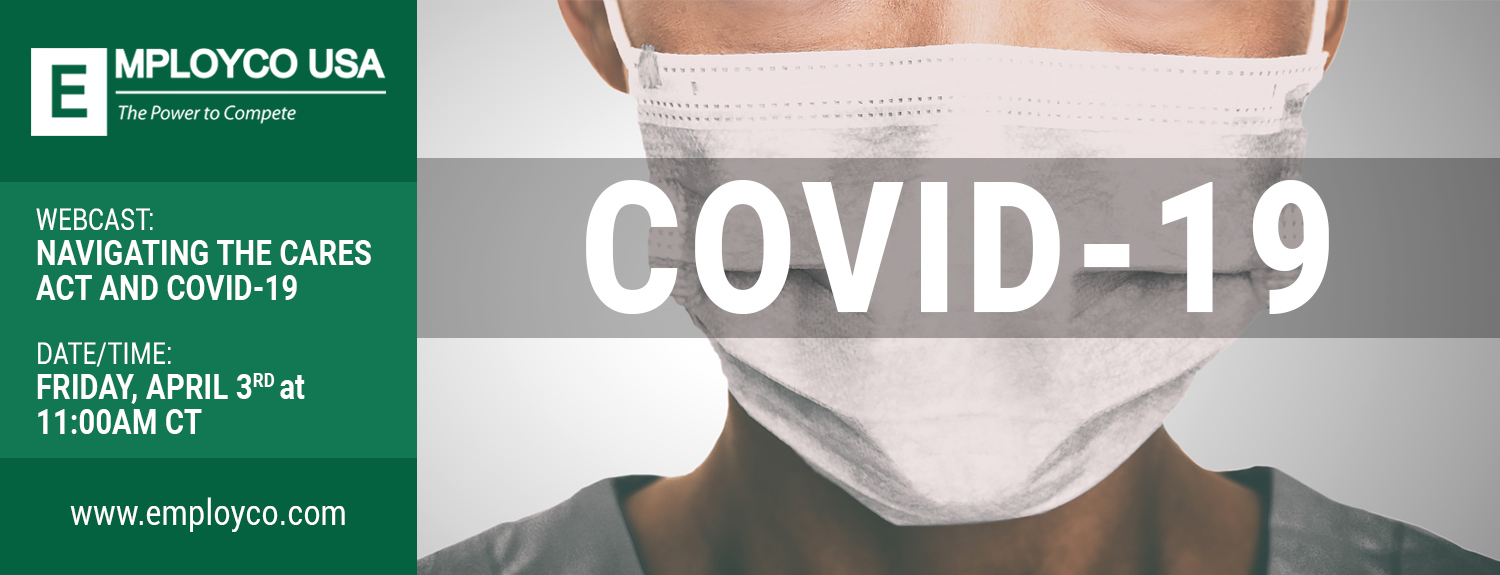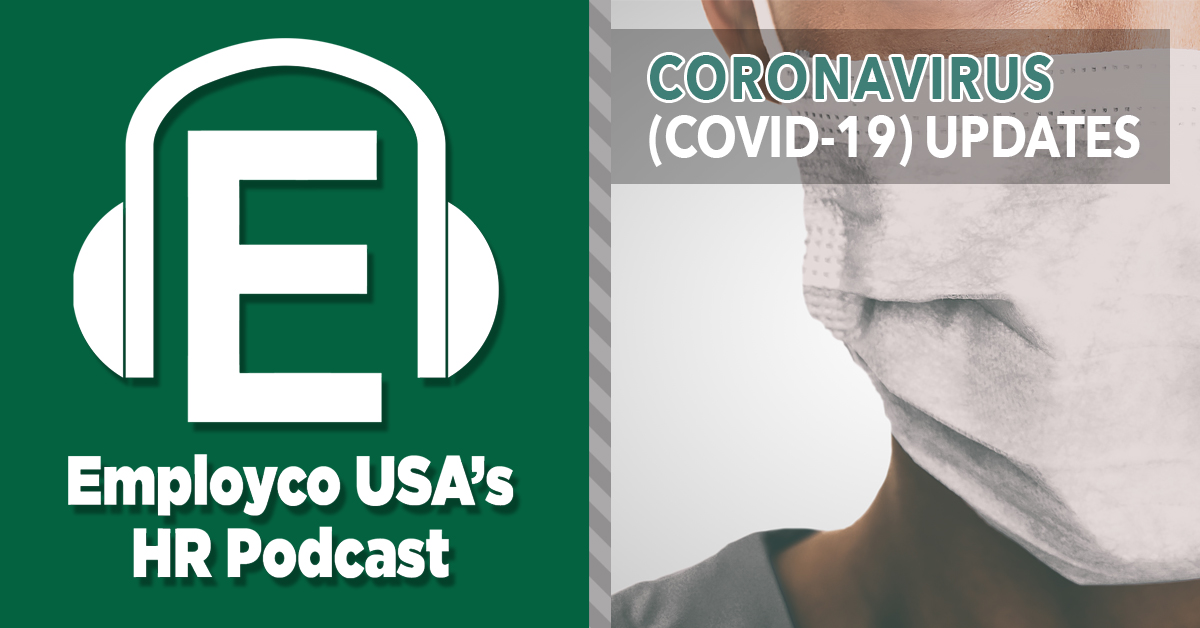
BULLETIN
April 09, 2020 (UPDATE)

The U.S. Department of Labor (DOL) has issued regulations to implement the paid leave mandates of the Families First Coronavirus Response Act (FFCRA). The regulations provide direction for administration of the Emergency Paid Sick Leave Act (EPSLA) and the Emergency Family and Medical Leave Expansion Act (EFMLEA).
- Emergency Paid Sick Leave Act: Requires that certain employers provide up to 80 hours of paid sick leave to employees who need to take leave from work for certain specified reasons related to COVID-19.
- Emergency Family and Medical Leave Expansion Act: Requires that certain employers provide up to 10 weeks of paid, and two weeks unpaid, emergency family and medical leave to eligible employees if the employee is caring for his or her son or daughter whose school or place of care is closed or whose child care provider is unavailable for reasons related to COVID-19.
Employee Leave Request Flyer (NEW): We have created a new flyer that employers can provide to their employees who request leave under the FFCRA. The optional flyer summarizes the documentation that an employee will need to provide to their employer in order to substantiate the leave request. Click the following link to access the Employee Leave Request Flyer.
Required Notice: Each covered employer must post a notice of the Families First Coronavirus Response Act (FFCRA) requirements in a conspicuous place on its premises. An employer may satisfy this requirement by emailing or direct mailing this notice to employees, or posting this notice on an employee information internal or external website. Click the following link to access the Required Notice.
 In order to respond to the continuing COVID-19 crisis which has left millions of people out of work and the economy on the brink of disaster, health insurance and employee benefits are being temporarily revamped to mitigate these pressing concerns.
In order to respond to the continuing COVID-19 crisis which has left millions of people out of work and the economy on the brink of disaster, health insurance and employee benefits are being temporarily revamped to mitigate these pressing concerns.

